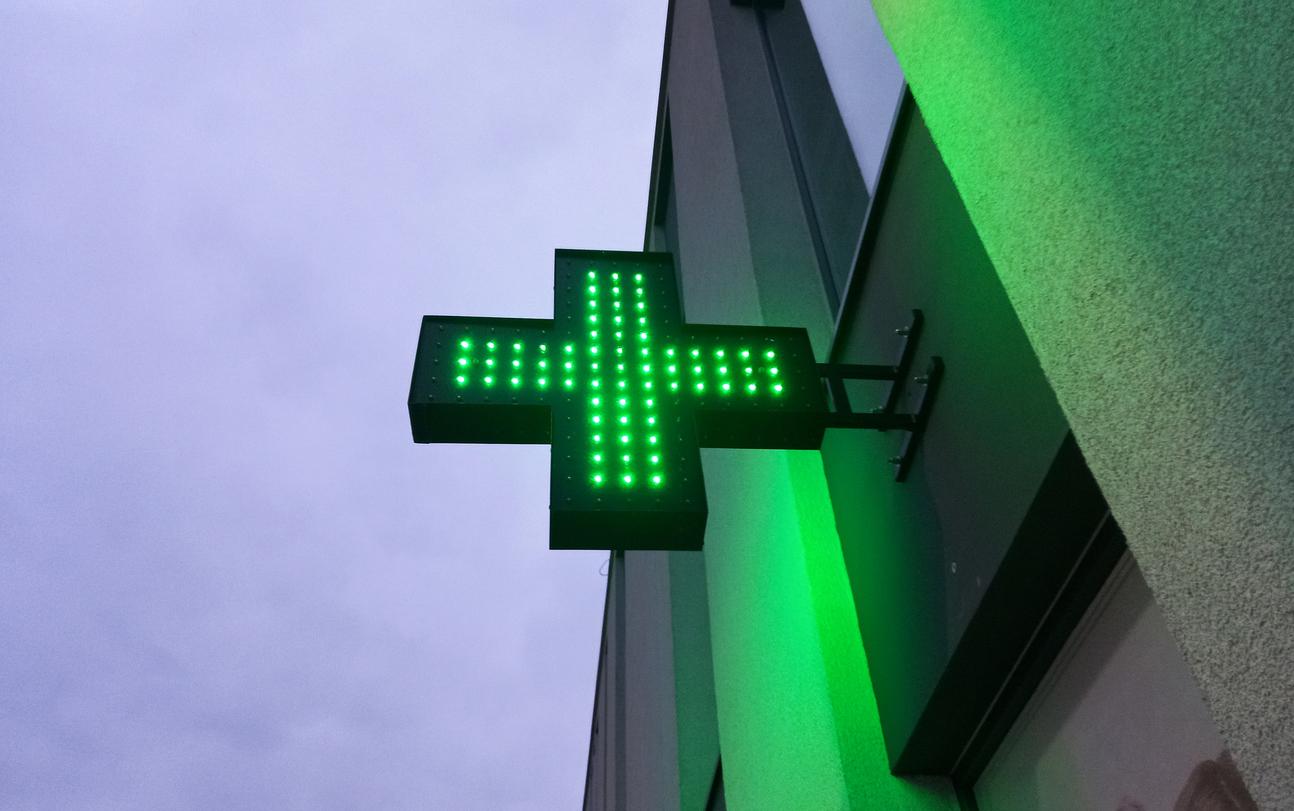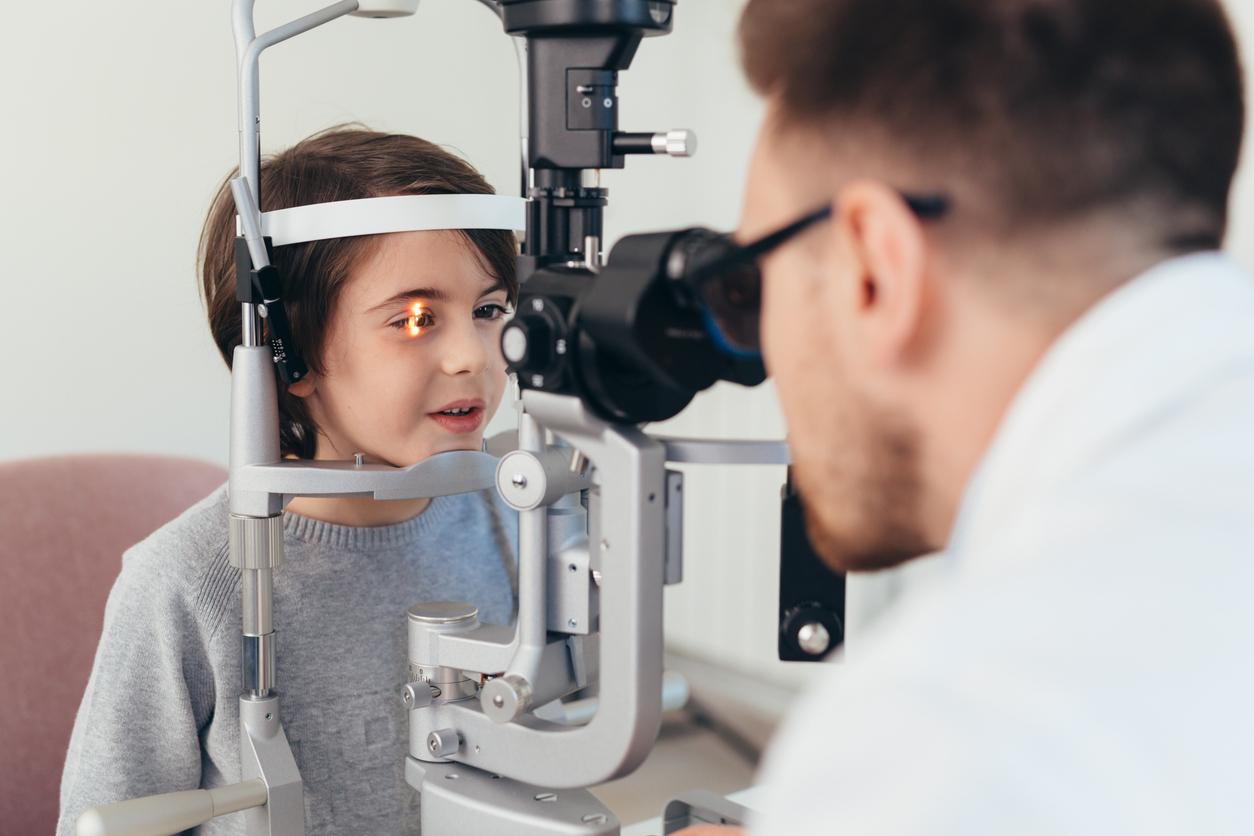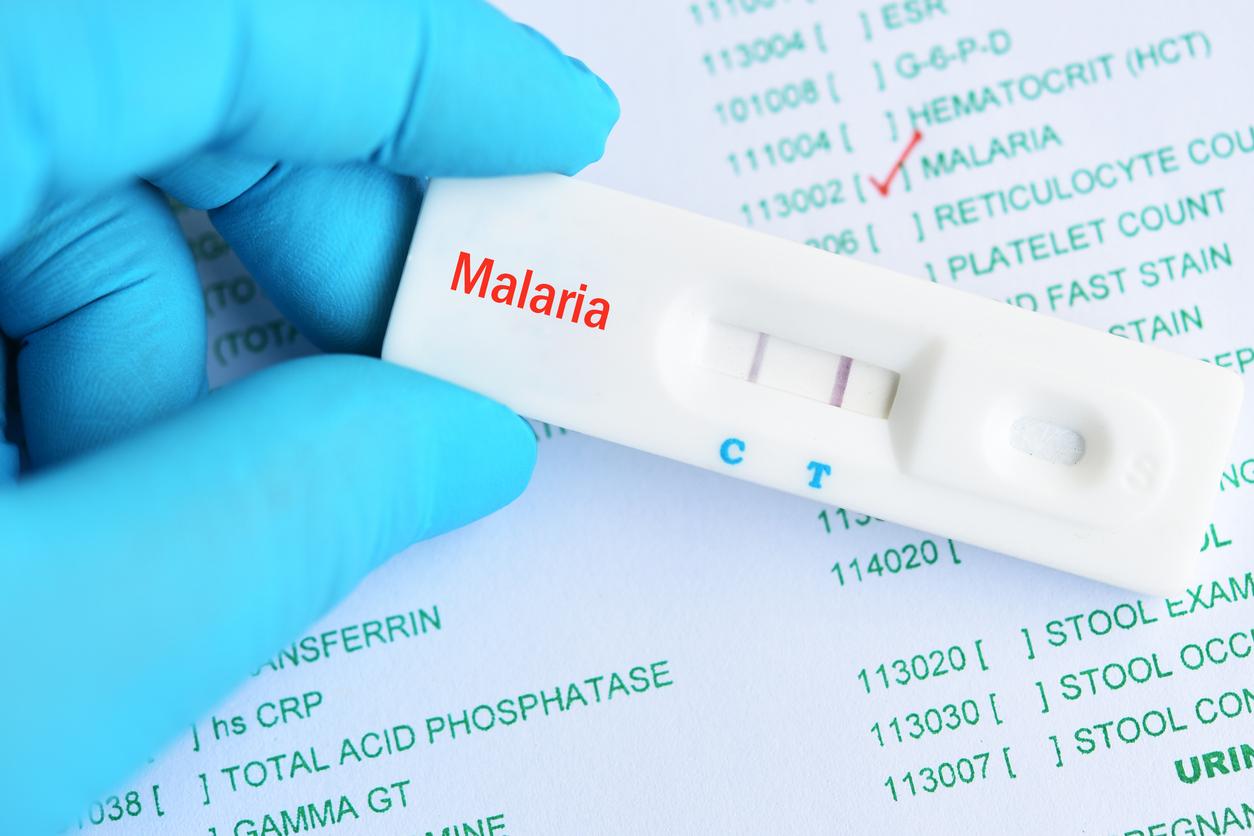Since January, the Health Insurance reimburses screening for trisomy 21 by blood test. An effective process, which avoids the need for amniocentesis.

This genetic anomaly, the most widespread in France, affects nearly one in 1,000 newborns each year. It causes intellectual disability and developmental delay in children. Since 2009, pregnant women have been tested early trisomy 21 during the first trimester of pregnancy. Doctors analyze the neck of the fetus, take a blood sample and estimate the percentage risk based on the mother’s age. If the percentage of risk is high, they proceed to an amniocentesis. A needle is passed through the mother’s abdomen to remove 20ml of amniotic fluid.
Reliability estimated at 99%
Before January 18, 2019, the screening test by blood test was not reimbursed by Health Insurance. It is now done, for an examination that costs around 390 euros. However, it is not mandatory. Through the DNA test, doctors determine whether there is an abnormality of chromosome 21 or not. A much less invasive and dangerous process than amniocentesis. Since May 2017, the High Authority for Health (HAS) has recommended this screening test to pregnant women, which is estimated to be 99% reliable. It is actually part of an entire protocol, called “non-invasive prenatal screening” (NIPT), where amniocentesis should be performed only as a last resort, when the risk level for trisomy 21 is high.
Perform fewer amniocentesis
Before NIPT, women underwent more amniocentesis. According to the National College of French Gynecologists and Obstetricians, this technique is associated with a 1% risk of miscarriage. Between the year 2019, when non-invasive prenatal screening was introduced and the following year, the number of amniocentesis rose from 80,000 to 55,000, according to theNational Biomedicine Agency. Since then, it has continued to fall.
.

















